Ancient bible sites you can visit today
Trending Now
The allure of biblical stories lies not just in their spiritual teachings but also in their historical and cultural significance. These ancient narratives have left imprints on the landscapes they originated from, shaping the regions we know today.
From the hills of Jerusalem to the depths of the Dead Sea, each location holds tales that resonate with modern-day explorers, beckoning them to walk the paths trodden by prophets and kings.
Jerusalem: The Heartbeat of Biblical History
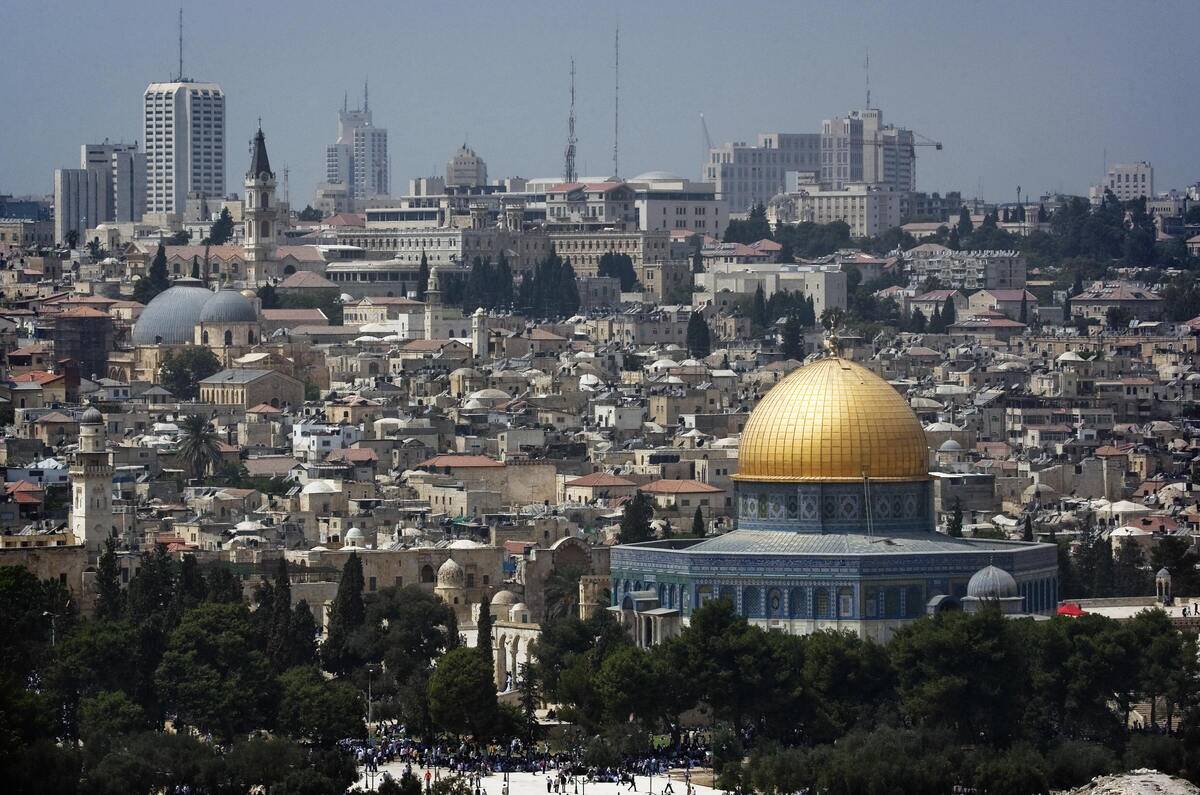
Jerusalem is a city that has witnessed the ebb and flow of civilizations, serving as a backdrop for some of the Bible’s most pivotal events. It’s home to the Western Wall, a remnant of the Second Temple and a sacred site for Jewish prayer.
The city also houses the Church of the Holy Sepulchre, revered by Christians as the site of Jesus’ crucifixion and resurrection. This confluence of religious landmarks makes Jerusalem a profound symbol of faith for many.
Bethlehem: Birthplace of a Savior
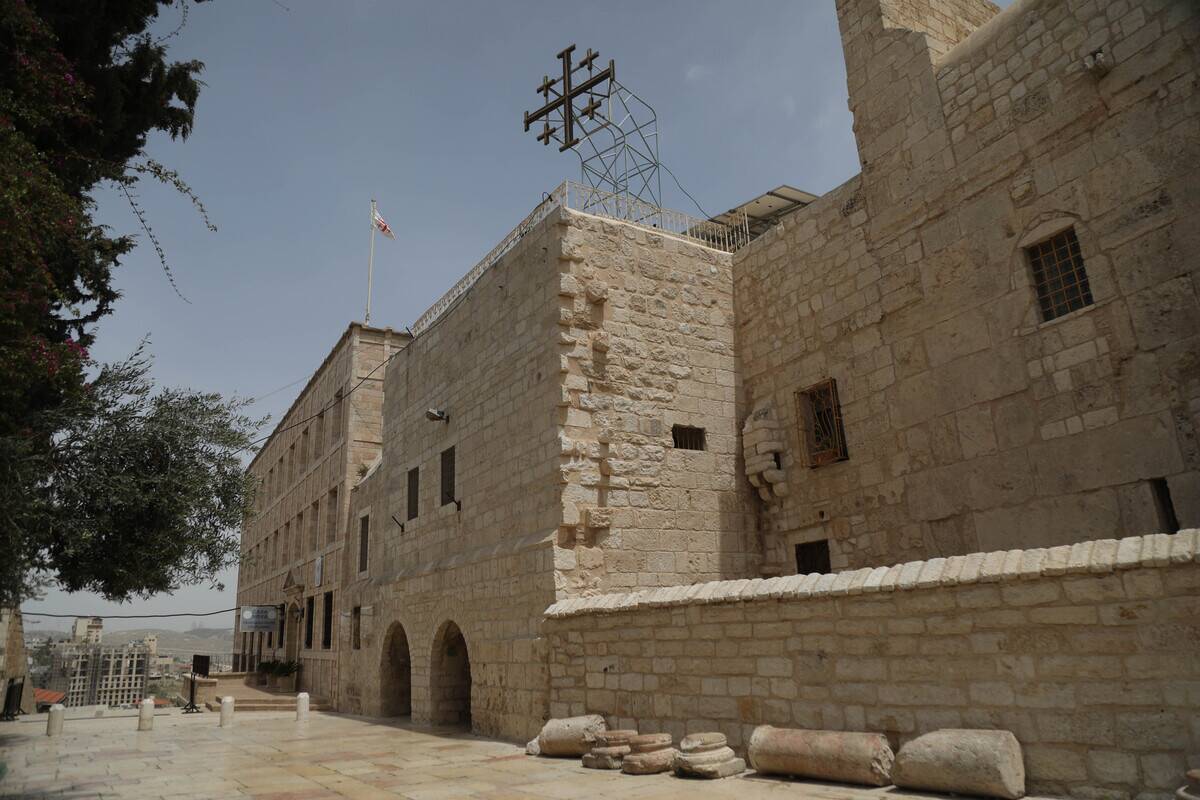
Bethlehem, located just a few miles south of Jerusalem, is best known as the birthplace of Jesus Christ. The Church of the Nativity, built over the site traditionally considered the place of Jesus’ birth, attracts pilgrims from around the world.
This ancient town, with its rich history and bustling streets, continues to be a focal point of Christian pilgrimage and a testament to its enduring legacy in religious history.
Nazareth: From Humble Beginnings to Global Recognition
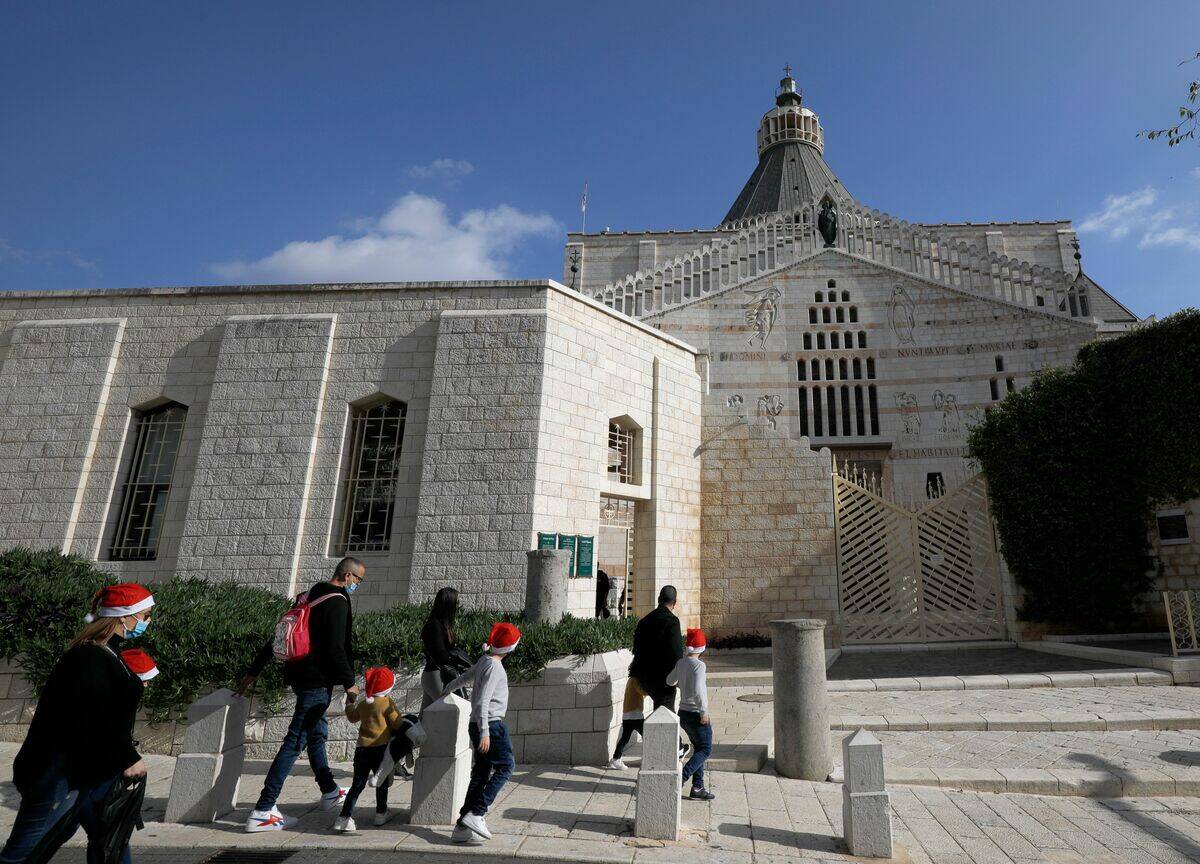
Nazareth, once a small and humble village, has grown into a bustling city full of history and culture. It’s where Jesus spent his early years, and today it’s home to the Basilica of the Annunciation.
This impressive church marks the site where the Angel Gabriel is said to have appeared to Mary. Visitors to Nazareth can explore the winding alleys and ancient markets that still echo with the stories of its past.
The Sea of Galilee: Miracles on the Water
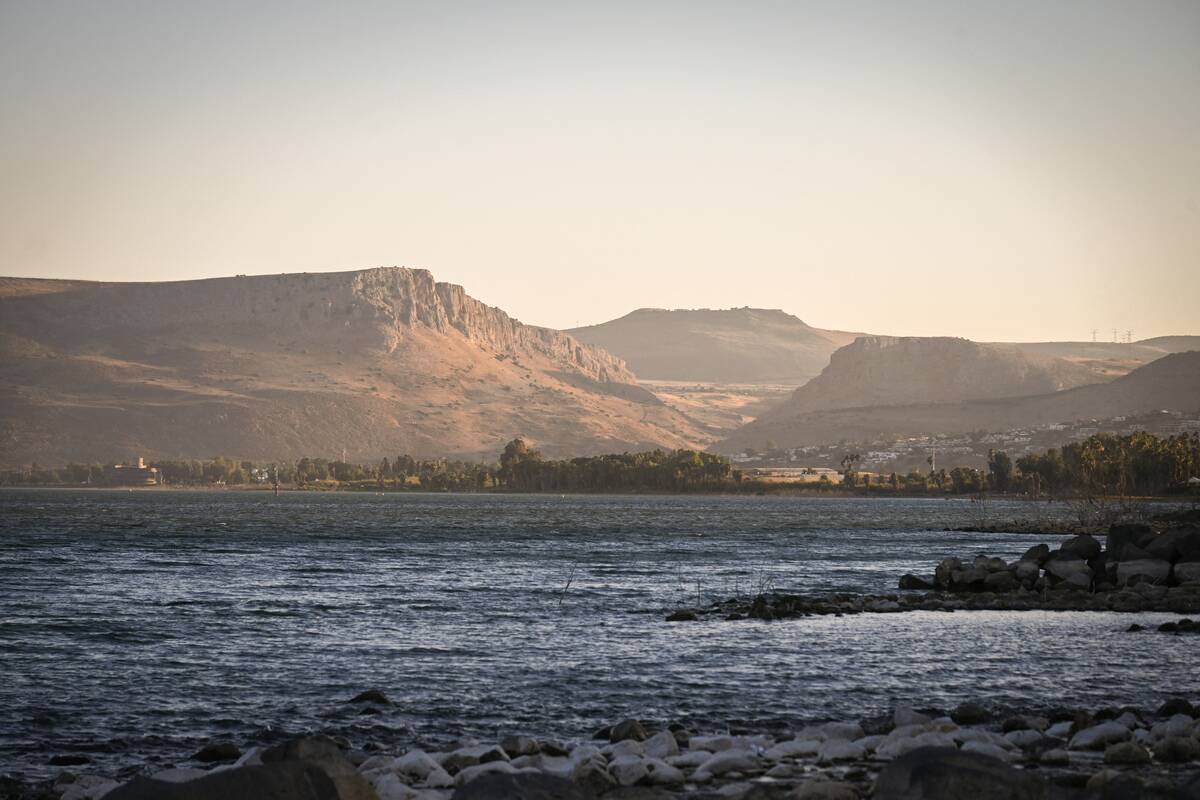
The Sea of Galilee holds a special place in biblical lore as the site of many of Jesus’ miracles, including walking on water and calming a storm. This freshwater lake, surrounded by rolling hills and lush landscapes, is a serene spot for reflection and exploration.
Today, visitors can take boat tours to experience the tranquil beauty of the lake, much like the disciples did centuries ago, and visit nearby sites like Capernaum.
Mount Sinai: Where Commandments Were Born
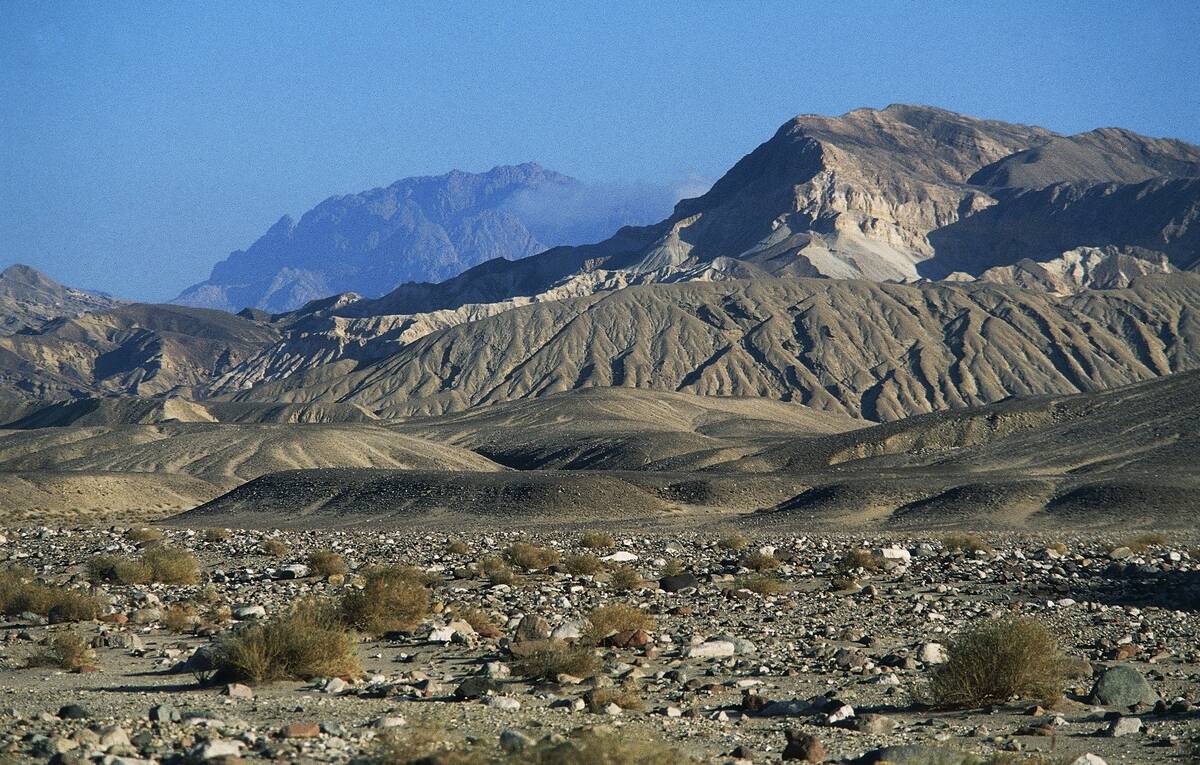
Mount Sinai, towering in the Sinai Peninsula, is steeped in religious significance as the place where Moses received the Ten Commandments.
This rugged and remote mountain invites pilgrims and hikers alike to ascend its heights, often to witness the breathtaking sunrise. The sense of awe and reverence remains palpable, echoing the momentous events that took place there in biblical times.
Jericho: The Walls that Came Tumbling Down
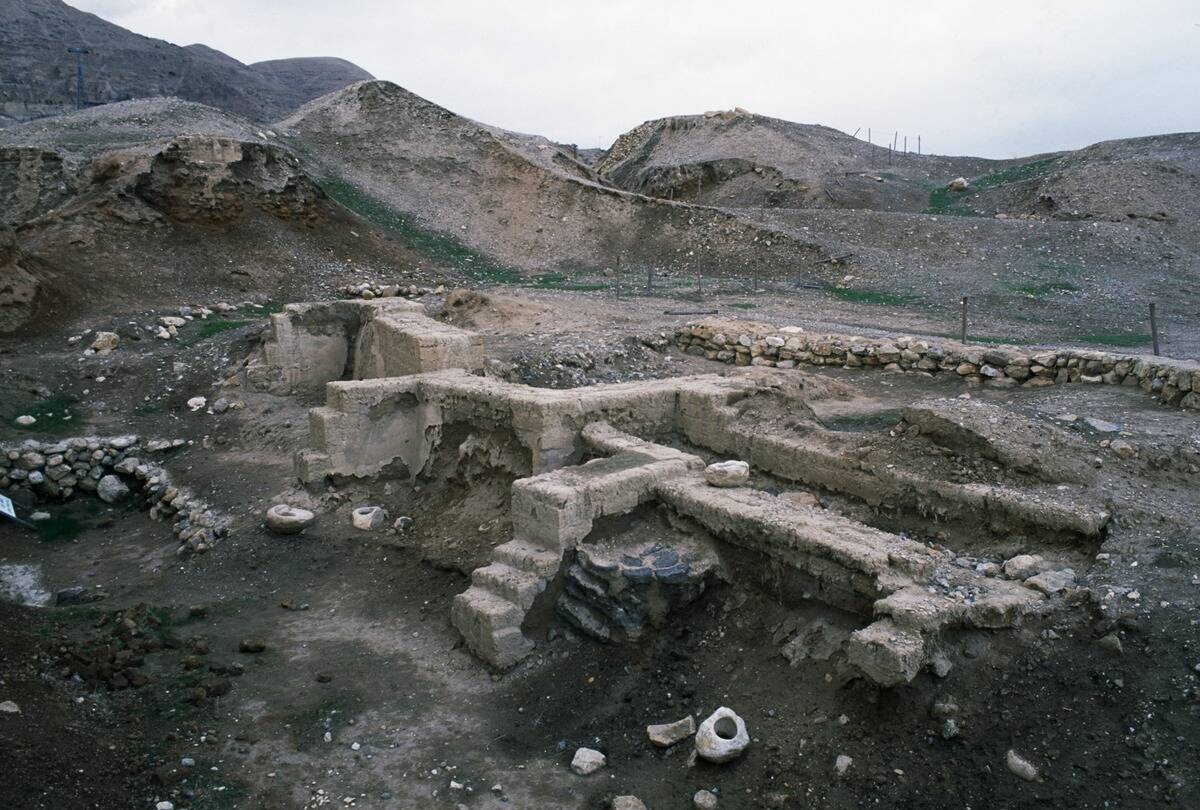
Jericho, one of the oldest inhabited cities in the world, is famously known for the biblical story of its walls collapsing after Joshua’s army encircled it. The archaeological site of Tell es-Sultan reveals layers of history, showcasing Jericho’s ancient past.
Modern visitors can explore these ruins and imagine the biblical events that unfolded on this historic ground, bridging the gap between ancient tales and present-day exploration.
The Jordan River: Baptism and Beyond
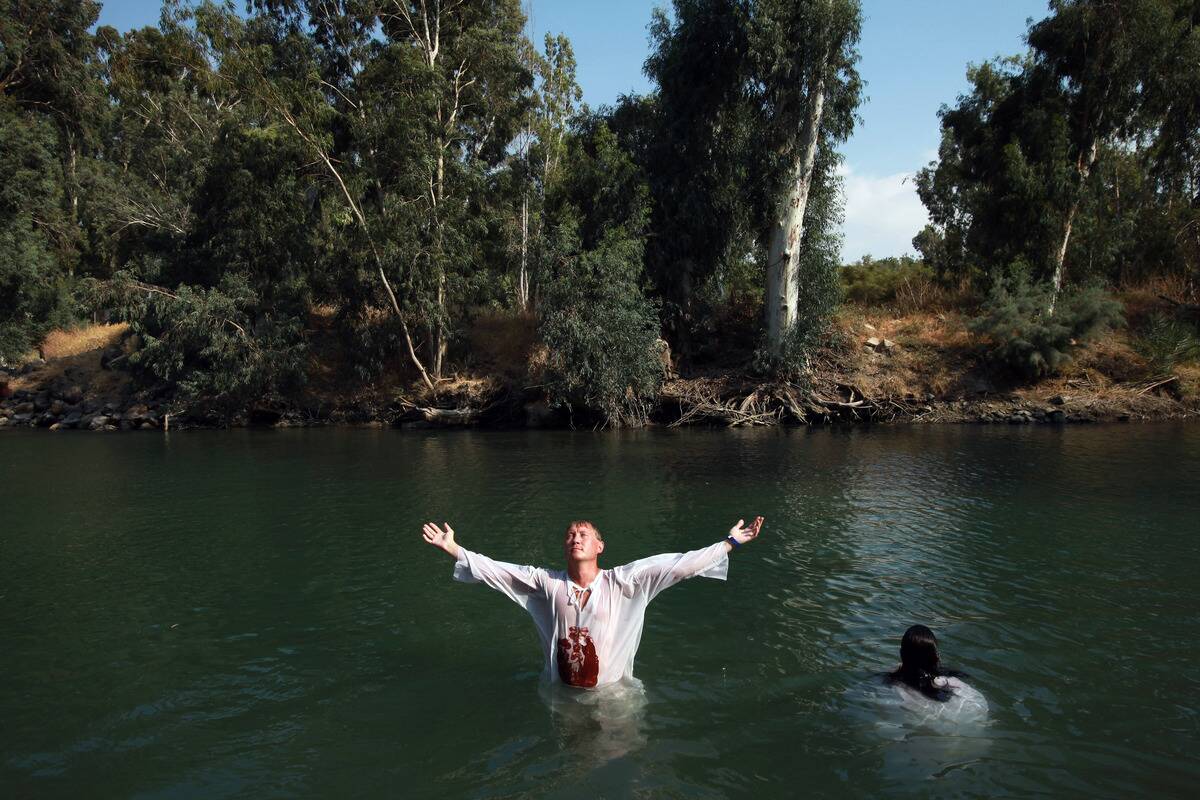
The Jordan River holds profound significance as the site where John the Baptist baptized Jesus, marking the beginning of his public ministry. This mighty river continues to draw pilgrims seeking spiritual renewal in its waters.
The lush banks of the river provide a serene setting for reflection, and its historical importance is celebrated across religious communities, emphasizing its enduring legacy in the narrative of faith.
Capernaum: Jesus’ Ministry Headquarters
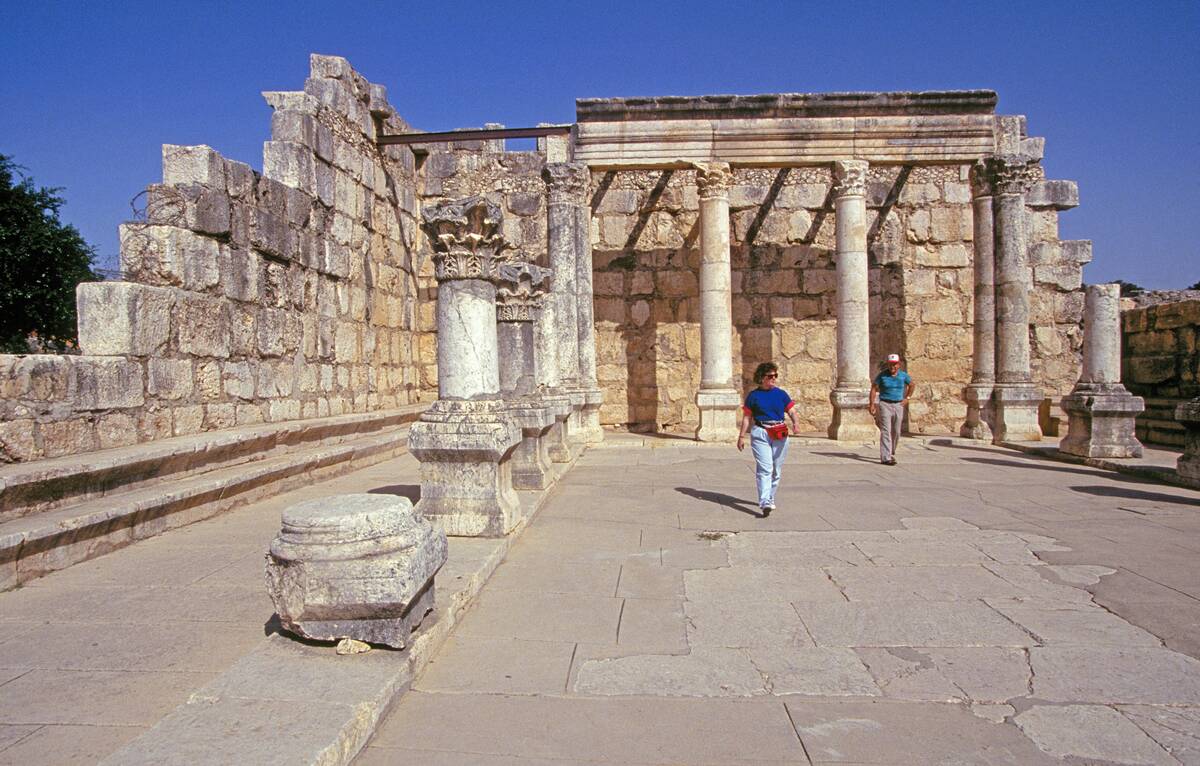
Capernaum, situated on the northern shore of the Sea of Galilee, served as the center of Jesus’ ministry. This ancient fishing village is home to impressive archaeological remains, including a synagogue where Jesus is said to have taught.
Visitors can stroll through the ruins and imagine the bustling life of a town that played a crucial role in the New Testament, offering a tangible connection to the stories of Jesus’ teachings and miracles.
The Dead Sea: A Salty Testament to Ancient Times
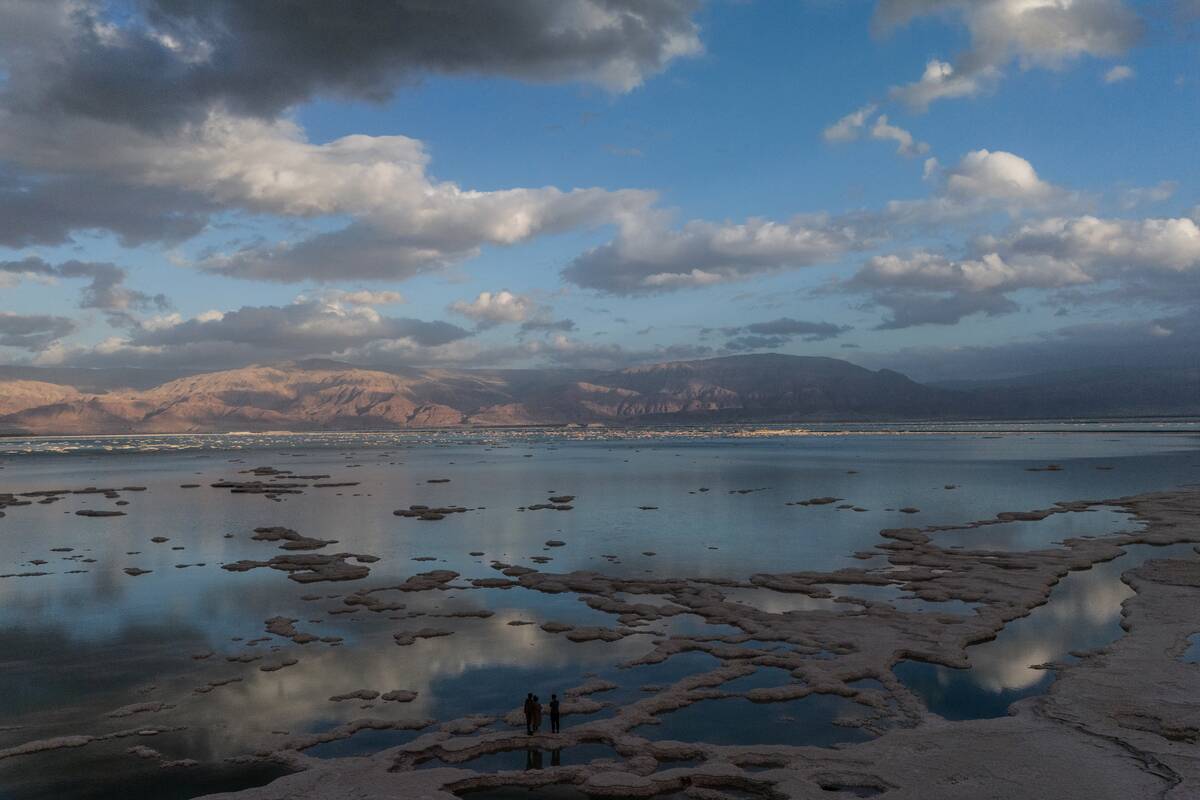
The Dead Sea, one of Earth’s saltiest bodies of water, is renowned for its mineral-rich waters and mud. Its shores are dotted with historical sites, including Qumran, where the Dead Sea Scrolls were discovered.
Visitors can float effortlessly in its buoyant waters or explore the stark beauty of the surrounding desert landscapes, all while reflecting on the sea’s significance in ancient texts and its continuing allure as a natural wonder.
Mount of Olives: A Place of Prayer and Prophecy
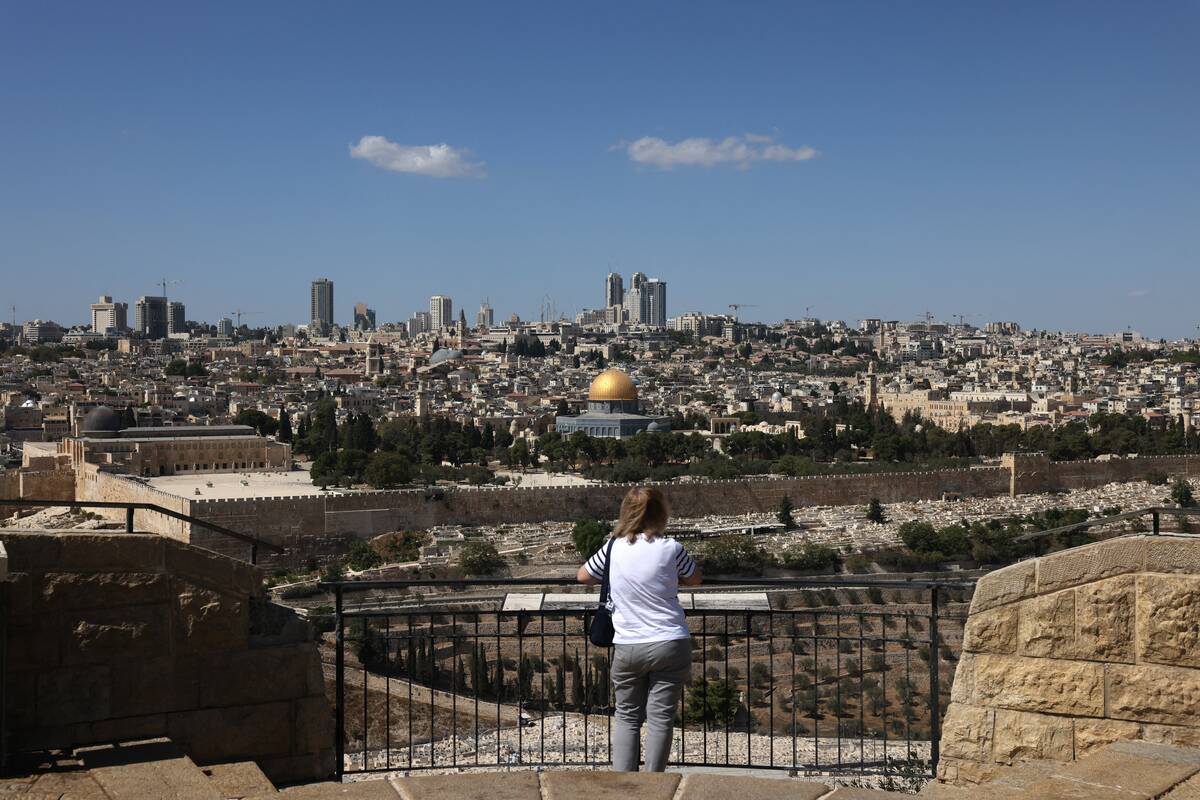
The Mount of Olives, overlooking Jerusalem, holds a special place in both religious and historical narratives. It’s known for its associations with key events in the life of Jesus, including his ascension.
The olive trees that dot its slopes have witnessed centuries of prayer and pilgrimage. Today, the mount offers panoramic views of Jerusalem, providing a peaceful spot for reflection and a deeper understanding of its prophetic significance.
Hebron: The Tomb of the Patriarchs
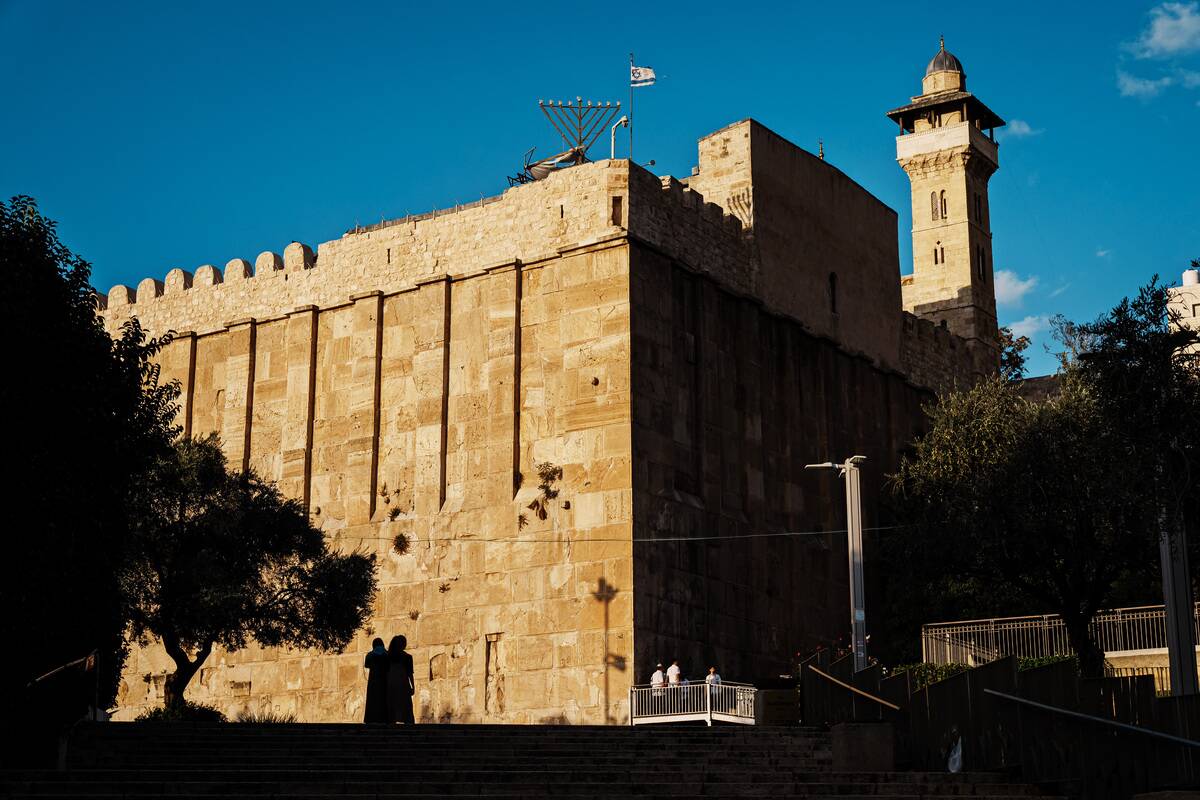
Hebron, one of the oldest cities in the region, is home to the Tomb of the Patriarchs, believed to be the burial site of Abraham, Isaac, and Jacob. This sacred site is revered by Jews, Christians, and Muslims alike, underscoring its importance across faiths.
The city itself is a tapestry of ancient and modern influences, inviting visitors to explore its bustling markets and historic sites, where past and present converge.
The Valley of Elah: David vs. Goliath’s Battlefield
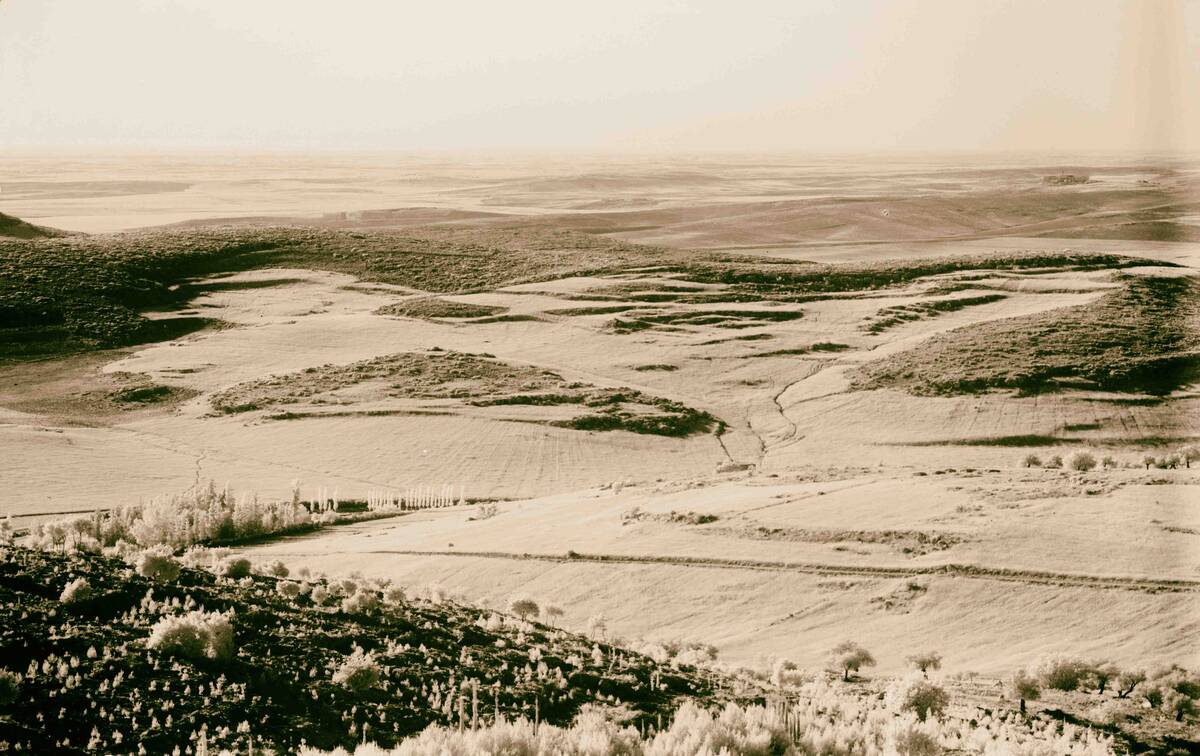
The Valley of Elah is famed as the battleground where David triumphed over Goliath with just a sling and a stone. This picturesque valley offers a glimpse into the dramatic events of the biblical narrative.
Visitors can walk the terrain, imagining the clash that took place here, and explore the surrounding hills that have witnessed history unfold. The valley remains a symbol of courage and faith, inspiring visitors with its timeless story.
Qumran: Discovering the Dead Sea Scrolls
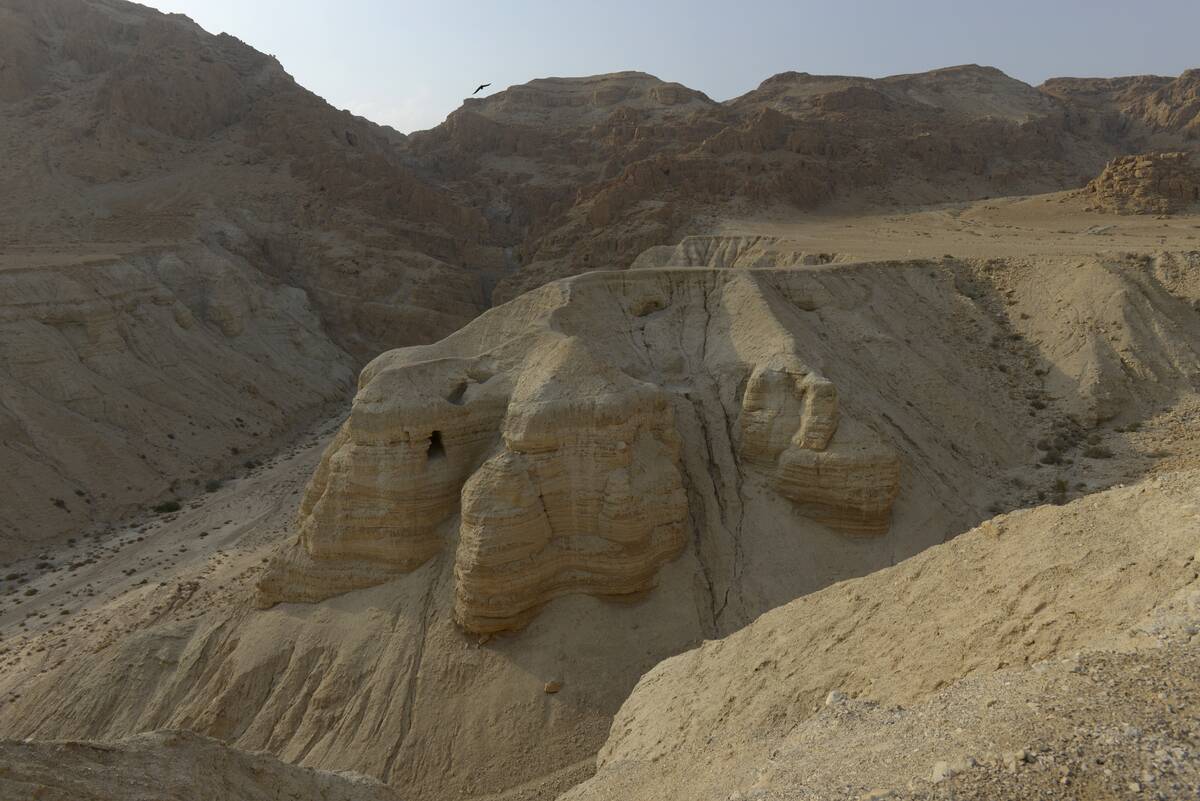
Qumran, nestled near the Dead Sea, gained worldwide attention with the discovery of the Dead Sea Scrolls in the mid-20th century.
These ancient texts, hidden in caves for centuries, have provided invaluable insights into early Jewish history and the origins of Christianity. Today, visitors can explore the archaeological site and the nearby caves, delving into the mysteries of this remarkable find and the community that once thrived here.
The Western Wall: A Sacred Place of Pilgrimage
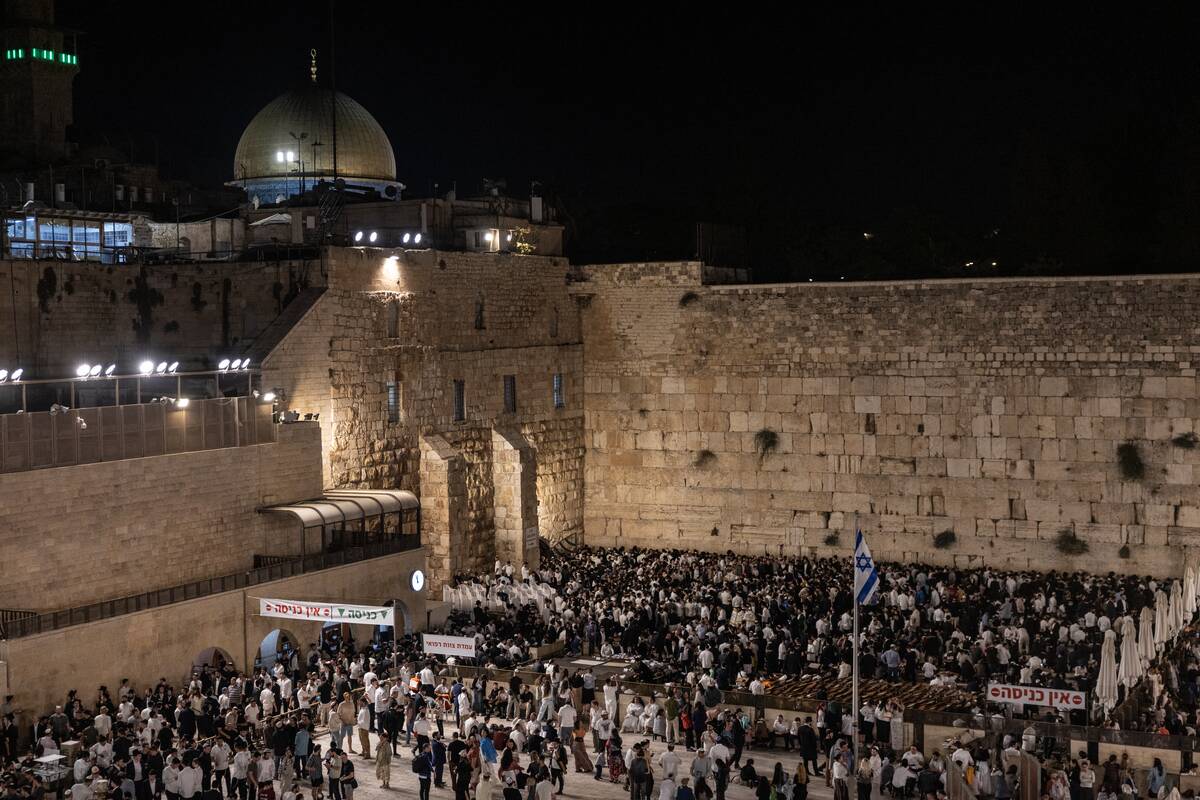
The Western Wall in Jerusalem is a revered site where people from around the world come to pray and leave written prayers in its crevices. It’s the last remaining wall of the Second Temple, making it an enduring symbol of Jewish faith and perseverance.
The plaza before the wall is often filled with pilgrims and visitors, each drawn by the wall’s spiritual significance and the sense of history that permeates this sacred space.
Megiddo: The Ancient Site of Armageddon
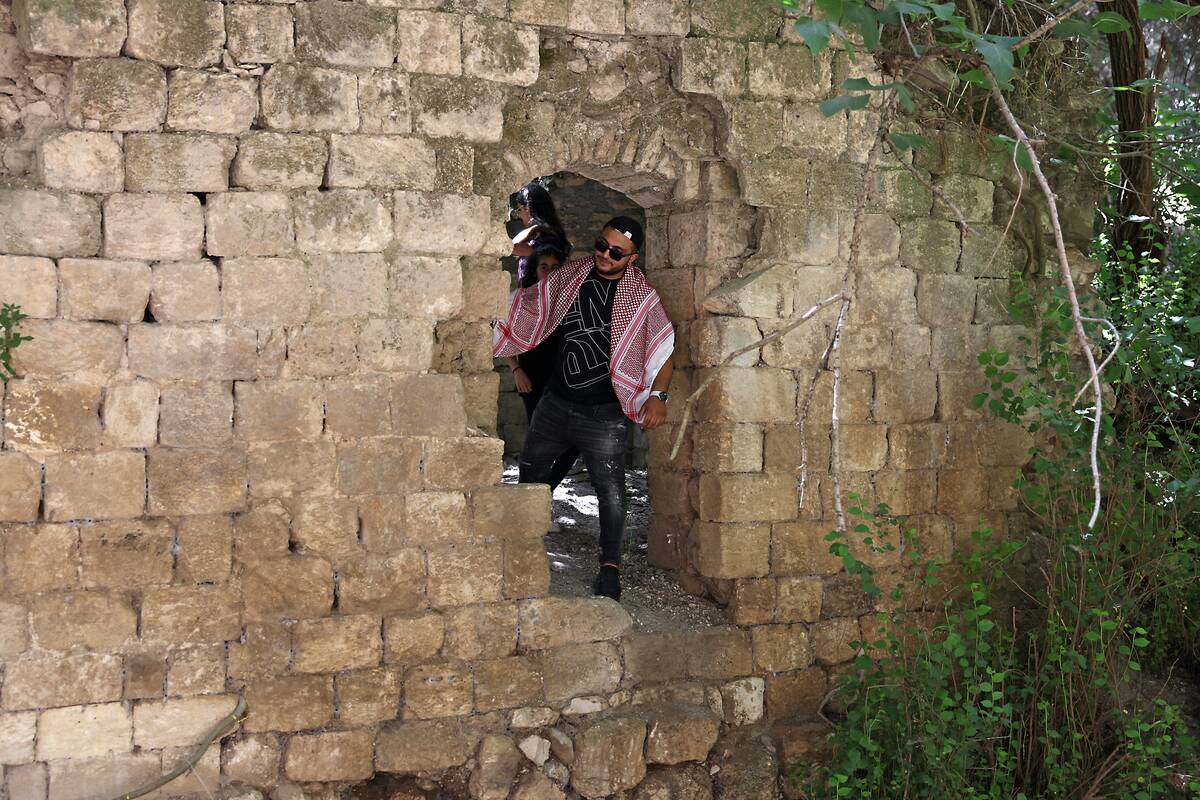
Megiddo, an ancient city with a history spanning millennia, is traditionally associated with the biblical Armageddon. This archaeological site reveals layers of civilizations, from Canaanite temples to Israelite fortresses.
Visitors can explore the extensive ruins and marvel at the strategic location that made Megiddo a key military and trade hub. The site’s historical and prophetic associations continue to captivate those intrigued by its rich past.




